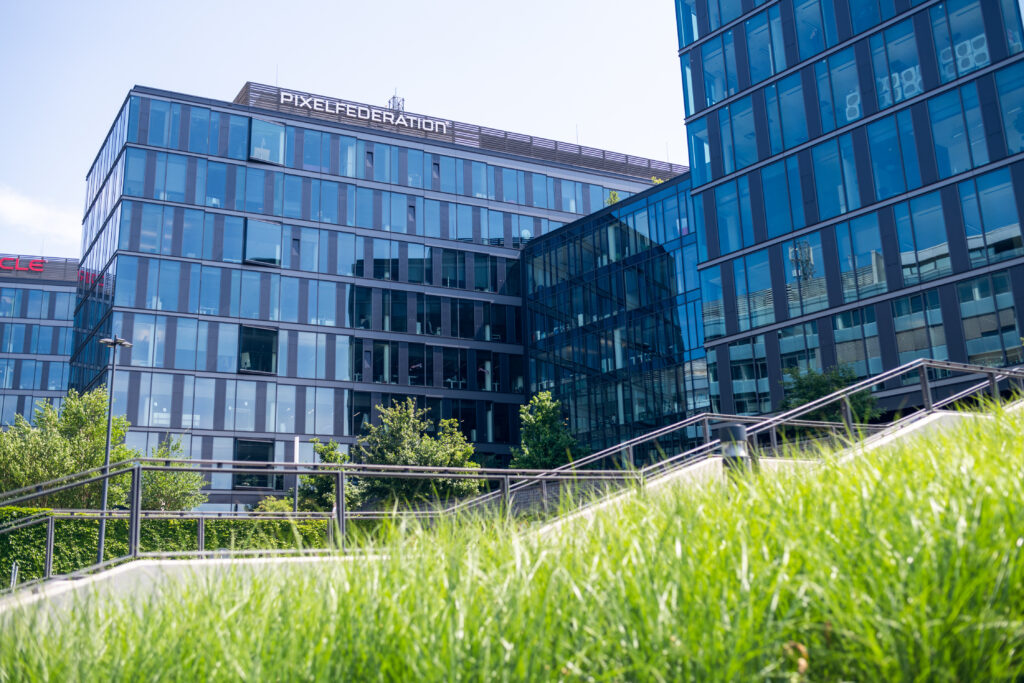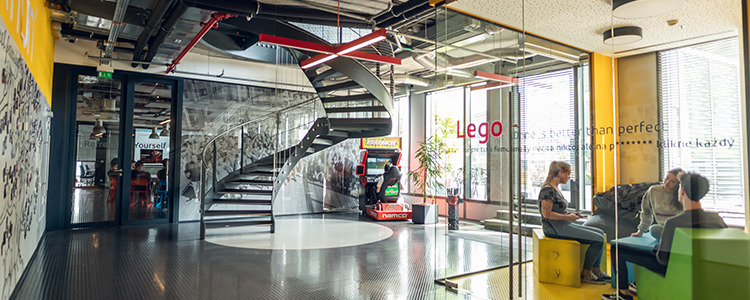Slovakia-based free to play games developer Pixel Federation has established a new R&D department.
The leading role took up CEO Simon Sicko who historically participated in all of the most successful titles
of the studio such as Diggy’s Adventure and TrainStation game.
The R&D department will be responsible for the acceleration of Pixel Federation’s innovative efforts
with the mission of discovering “The next big thing”, the game with more than 20M revenue a year.
They aim to build a permanent department to help Pixel Federation find the most promising projects within its X+1 business strategy faster and better.
The emphasis will be on honing the targeting of the products, faster prototyping, and verification
with the market.

The department consists of 2 independent teams – Discovery and Prototyping. The Discovery team will explore various business opportunities by performing a market analysis and gaining insights about players groups
and their needs, interests, and motivators. Based on the insights, the discovery team will be testing different angles and directions for art and marketing creatives, game themes, gameplays, etc.
On the other hand, the Prototyping team will be exploring the opportunities identified by the Discovery team
with an ultimate goal of creating MVP within a span of 3 months with 3×24 hours of interrupted gameplay
at minimum.
“The goal of the R&D department is to add sophisticated procedures to our more than 10 years of experience
and intuition in the F2P games industry as well as to innovate processes and enhance creativity in the initial stages
of the project. I believe that if we invest more energy in the early stages of prototyping, we will increase the quality and growth of our new projects through innovation.”, said Simon Sicko.
The business strategy of Pixel Federation at the moment is to focus on mobile-only free-to-play games within their expertise in Tycoon and Puzzle games. According to the words of the founder and CEO Simon Sicko,
there is no ambition to grow as far as the headcount of the studio goes but rather to explore the possibilities
of external cooperation and resources in developing the new games within the R&D department.
